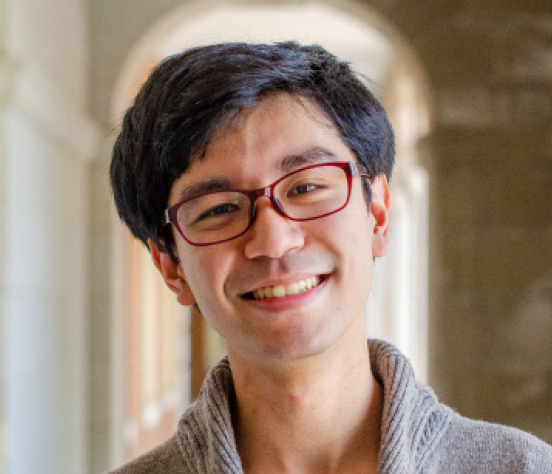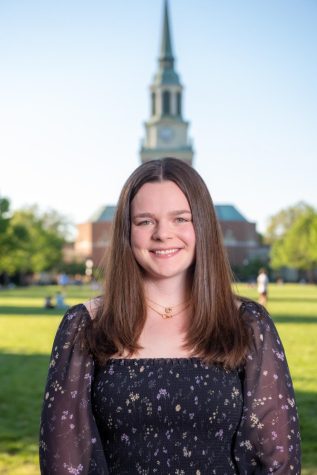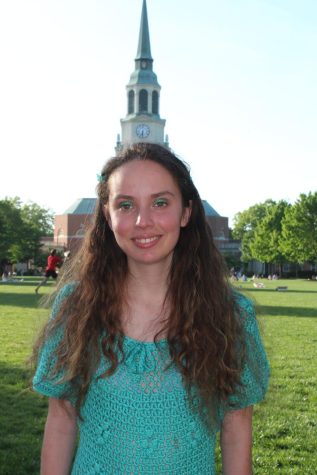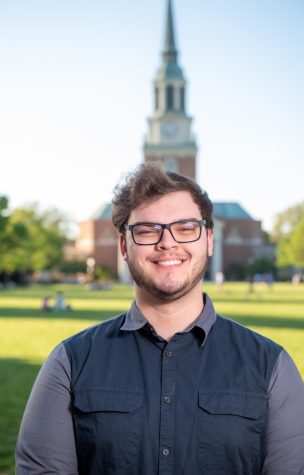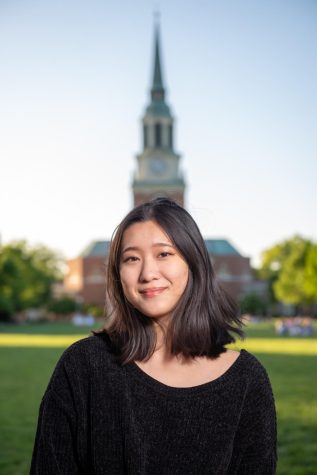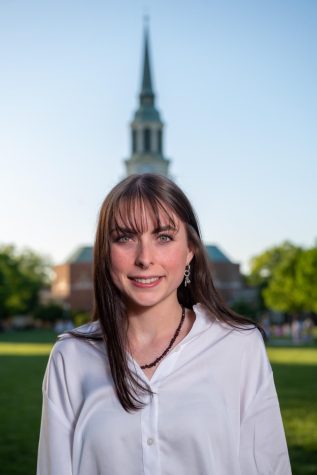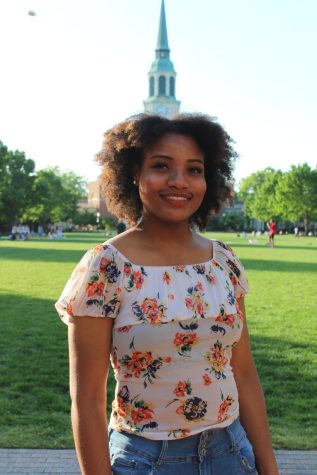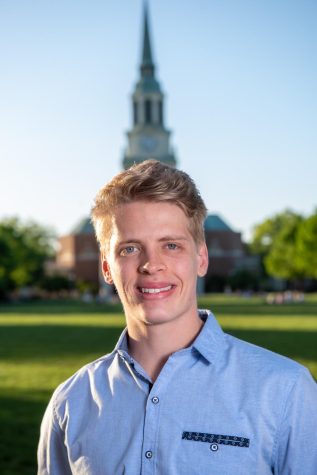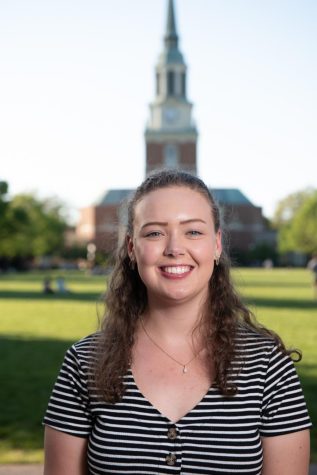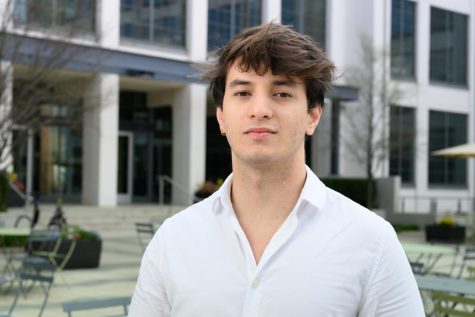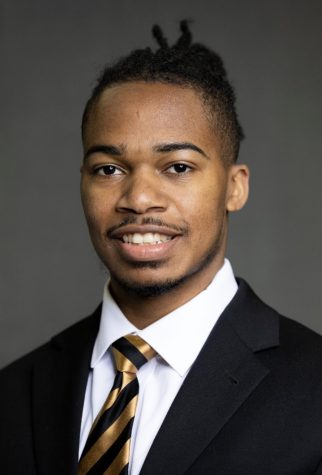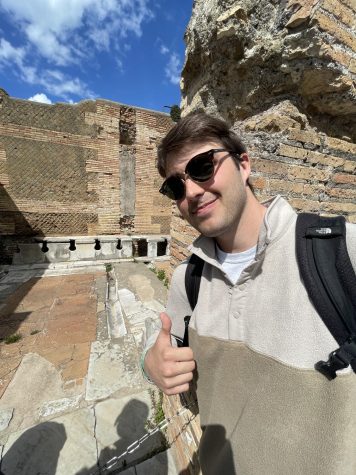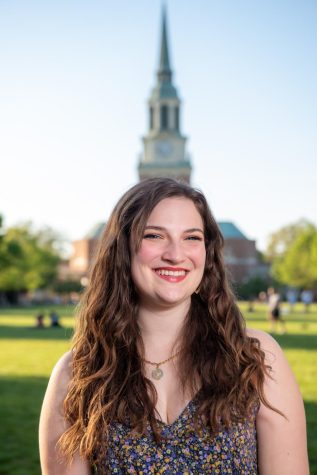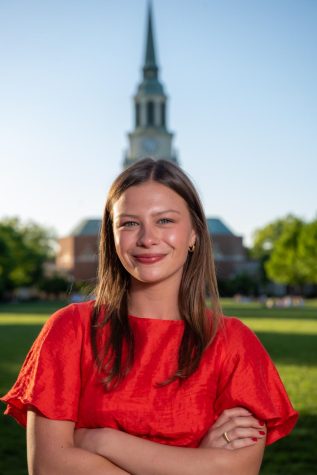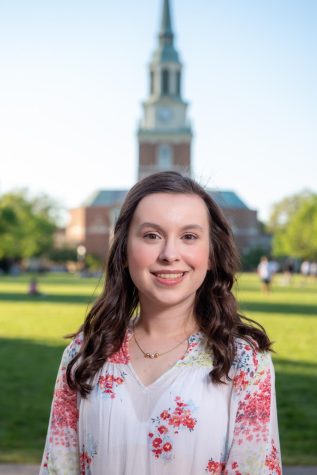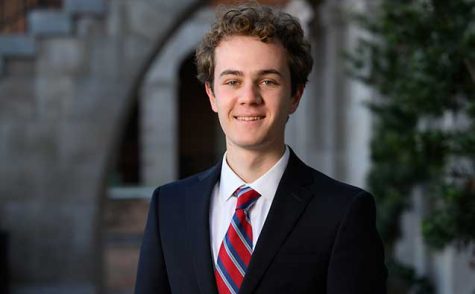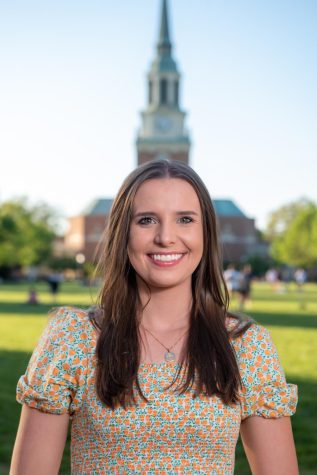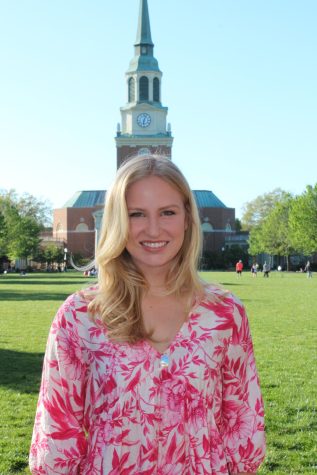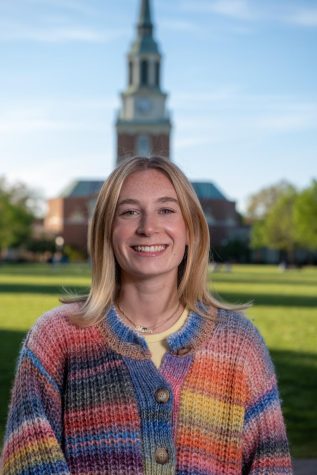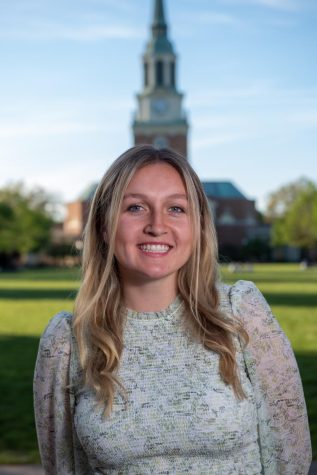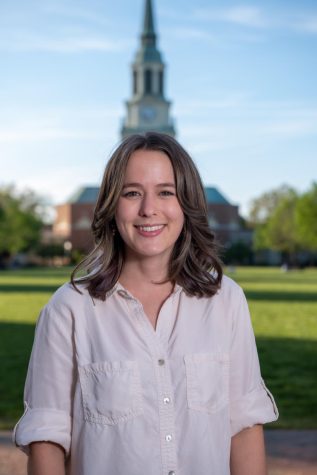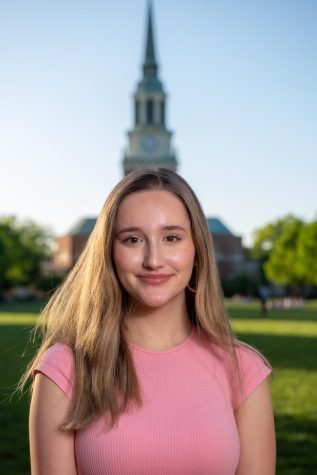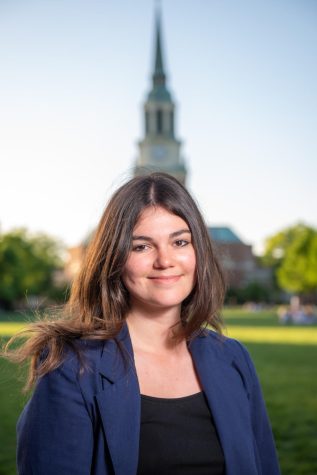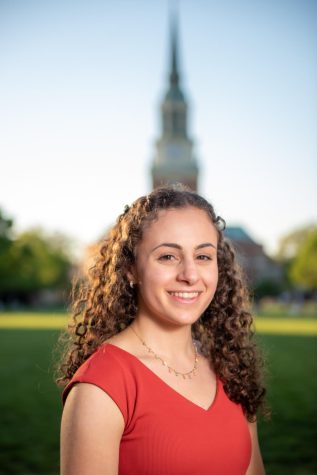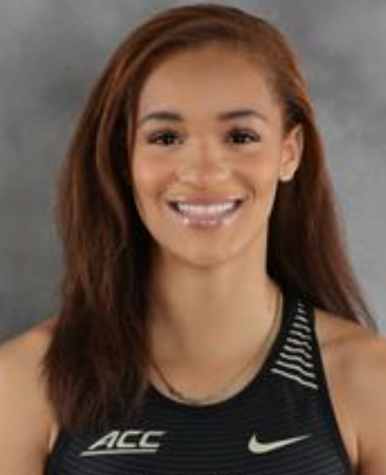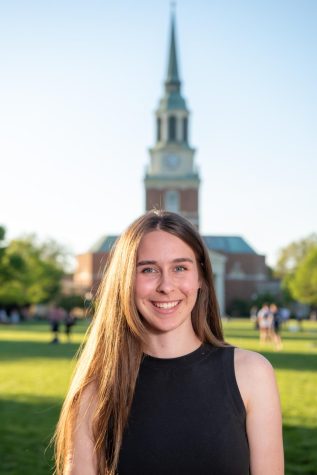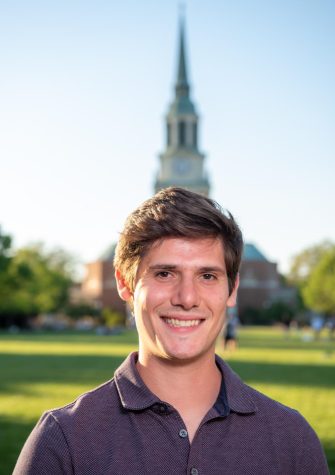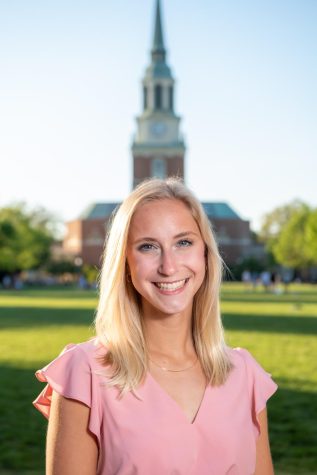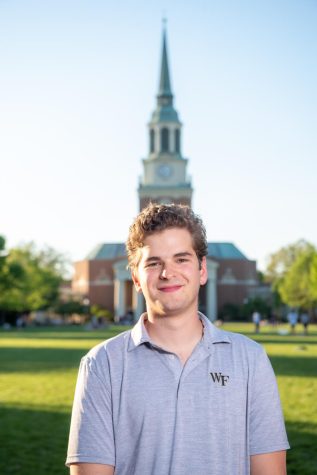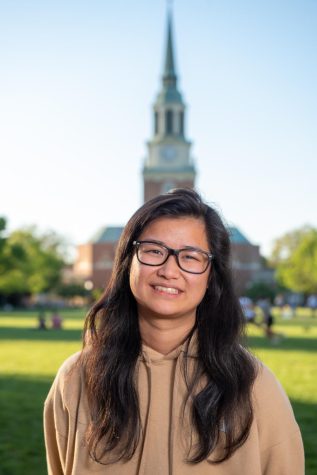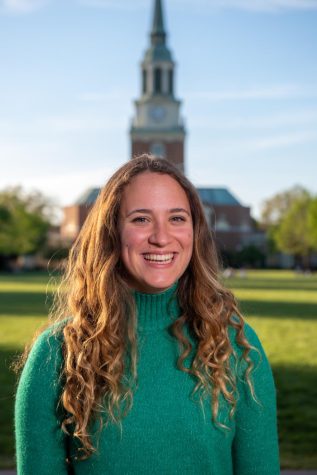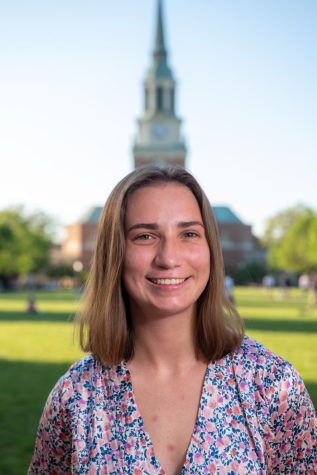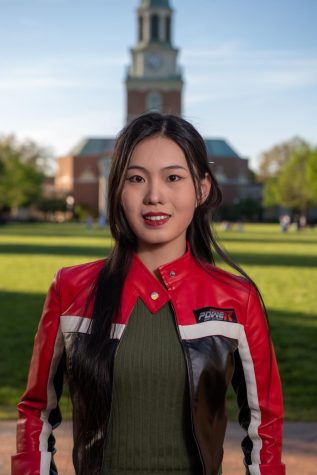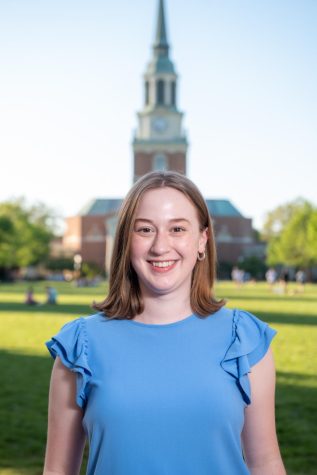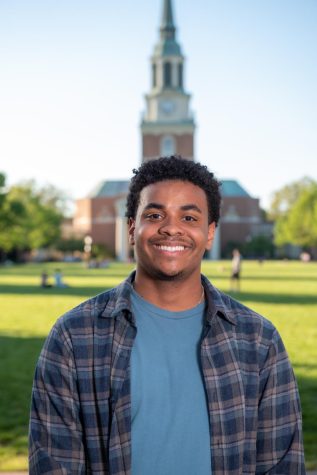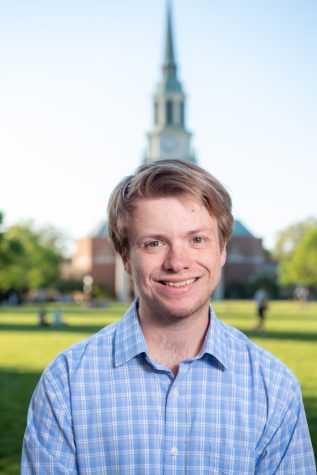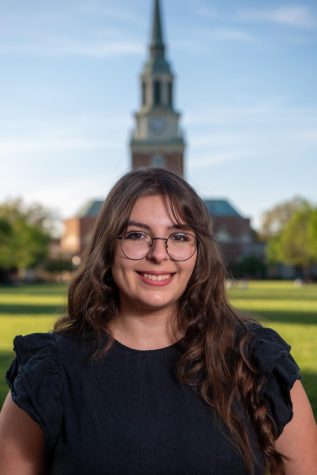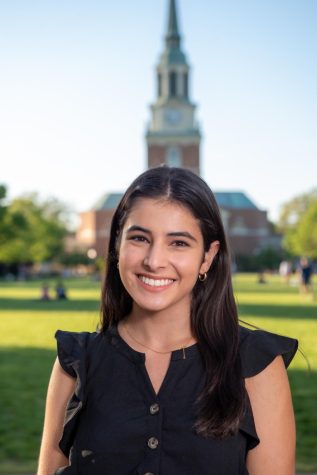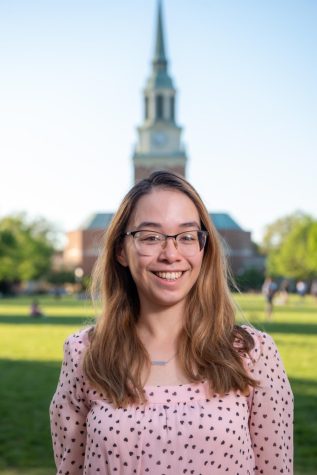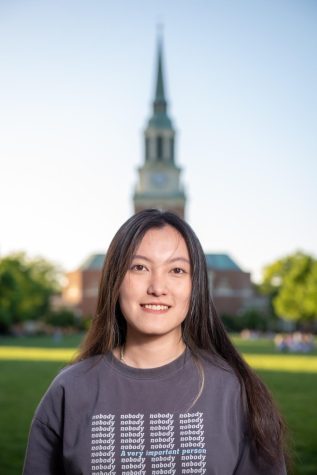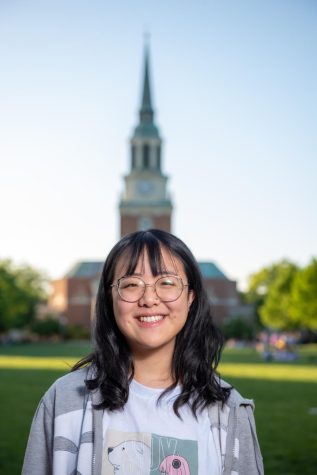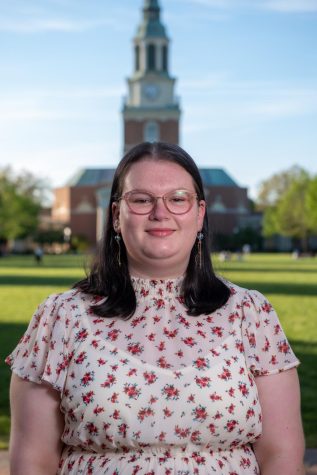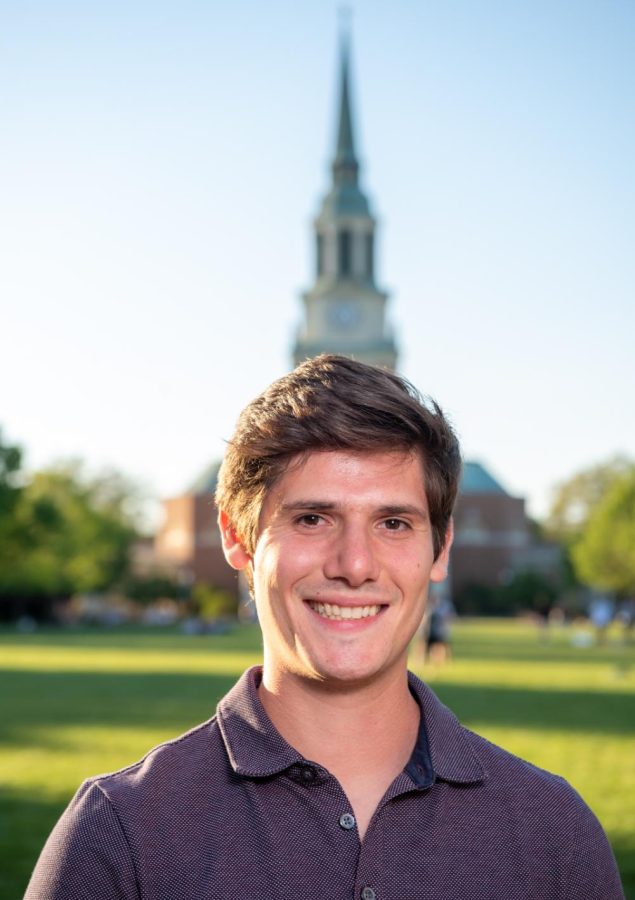Interdisciplinary Studies: Will Zimmermann
It’s easy to be intimidated by the accomplishments of the talented students who attend Wake Forest. I felt that intimidation in full force as I watched a short film both co-written and directed by Will Zimmerman while he was abroad in Prague, Czech Republic.
The short film “Don’t Bring a Gun” is only about seven minutes long, but it was a delight. To watch something created by someone my age but be so incredible was simultaneously inspirational and daunting.
Zimmerman is an interdisciplinary studies major, with which he has combined courses from creative writing, journalism and communications, with the latter being mostly film courses.
With such a major, one may expect Zimmerman to be a film snob. But guess what movie he cited as influential in his journey to becoming a gifted storyteller?
“‘Happy Gilmore’ was an inspiration,” Zimmerman said. “Adam Sandler films, they’re just special. They’re hilarious.”
Being an interdisciplinary studies major demands ambition. It requires creating your own curriculum by modeling it after another school’s major and then working with the department chair to select the classes you will meld together.
“I knew there were a lot of different kinds of courses that I could take that all sounded interesting, and this was just the best way I could figure out how to take as much of that as possible,” Zimmerman said. “[My major’s model] was out of something from the University of Southern California, like an interdisciplinary storytelling degree. The department helps you build your course plan, and the process can be very flexible.”
Zimmerman decided to go through this extensive effort because, upon coming to Wake Forest, he knew he wanted to learn how to tell a good story. But he found too many mediums for this interest, so choosing one department on which to center his studies was not enough for him.
“When I got here, and I was taking all these classes, I could see that everything was just about creating a story,” Zimmerman said. “Whether that was written, or through pictures or film. It’s all storytelling, but that wasn’t something until I could see it across all those disciplines.”
Dabble in all those different disciplines, Zimmerman did. He has written for the Old Gold & Black and served as sports editor and online managing editor. He has also published a feature story in The Assembly and made his own films.
His film was made last year at the FAMU school, the fifth-oldest film school in the world. His detailing of the experience conveyed just how appreciative of the experience he is.
“It was awesome,” Zimmerman said. “We shot a comedy film on 16-millimeter film, so we were shooting on analog, which was just a crazy experience. It was a student film, 100 percent.”
Zimmerman continued: “We had money from the school to pay Czech actors and [shoot on] cool locations. One actor came from the Acting Conservatory in Prague.”
The plot of Zimmerman’s short film is as follows:
“It was about an emasculated 20-something-year-old,” Zimmerman explained. “He wants to prove his worth to his girlfriend, so he stages a home robbery.”
Zimmerman hasn’t limited his talents to film. He also wrote a magazine article on an ingenious and ever-giving Winston-Salem resident. The story was done for one of Zimmerman’s favorite classes, Magazine Writing with Professor Barry Yeoman.
“The man’s name was Michael Banner, and he’s from East Winston-Salem,” Zimmerman said. “He’s lived there his whole life and started a family. He had previously spent some time in Forsyth Correctional Center. He told me it was easier to be a vegan there than out in East Winston-Salem. He got into [urban gardening], so he goes around to abandoned plots of land in the local area and creates beds to farm vegetables.”
As Zimmerman’s story in the digital magazine The Assembly details, once Banner’s projects began gaining attention, he began expanding his vision.
“In 2021, he founded a nonprofit called Island Culturez,” Zimmerman said. “People donate money, and they can employ people to do this work. Banner has such a strong voice and is an amazing storyteller, so he’s perfect for it.”
Zimmerman credits the interdisciplinary studies major with allowing him to work on these projects. He believes the major’s worth is undersung, even if it demands more initiative from the student’s end. So here is Zimmerman’s one-sentence pitch for aspiring students:
“There are so many different courses, departments, great teachers and classes, and you can never touch all of it, but this is just one way to get a little bit more out of everything that there is.”
